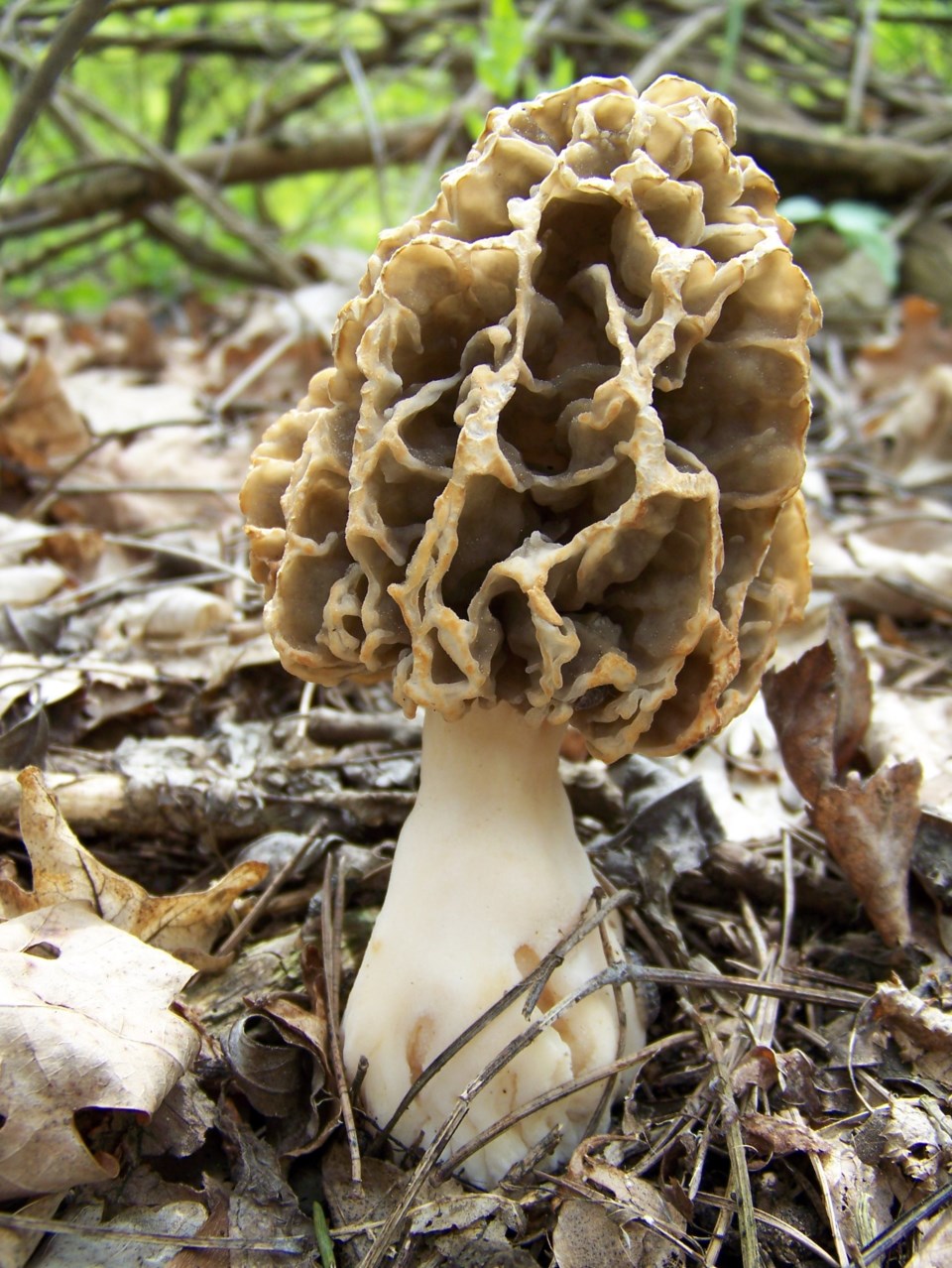ATHABASCA — As Alberta’s growing season reaches its height, locals interested in learning more about the magical world of mushrooms, mycelium, and mycorrhiza are in luck: Athabasca University’s (AU) next Science Outreach event will feature an interactive display and presentation from fungi fan Dr. Roland Treu.
Treu, an Associate Professor of Biology at AU for the last 16 years, has dedicated many decades to the study of mushrooms, and on July 31, he’s looking forward to sharing his knowledge with Athabascans of all ages.
“Some of my first memories are of mushrooms, absolutely,” said Treu, born and raised in Germany, in a July 17 interview. “They are a fascination because I went out with my parents, and I guess that’s where it started.”
Treu’s late July presentation will feature two components: beginning at 2 p.m. in the AU Science Lab, a mushroom display with samples of fungi found in the Athabasca region will be open for guests to peruse for the afternoon.
A show-and-tell segment will follow the display, starting with a 5 p.m. presentation from Treu detailing the role of mushrooms in our environment, and tips on how to identify common species. Then, attendees can recruit Treu’s knowledge to identify their own pictures and samples of local fungi.
“My preferred option would be the real mushrooms,” said Treu. “It’s possible (to identify) from a photo in some instances, but I’m hesitant to do that, especially if people want to eat them.”
Growing interest
In recent years, North American interest in foraging and exploring food options outside of processed packages lining grocery store shelves has grown, pushed in part by food availability, stay-at-home orders, and logistics issues felt during COVID-19.
Though more and more Canadians and Americans are exploring the hobby, Treu said cultural interest in fungi and their properties around the world varies, and the reasoning stretches back further than one might think.
“There’s some cultures that traditionally have used mushrooms for many centuries, at least, and there are other cultures where mushrooms were viewed with suspicion,” said Treu.
“In a nutshell, in the English, Anglosaxon culture, mushrooms were despised in the past, and that has been changing for the last decades dramatically, probably because of all the media reports about what mushrooms do,” said Treu.
The benefits of foraging are symbiotic with Science Outreach – Athabasca’s own program goals, though Treu said every individual and family may get different lessons and outcomes from their time mushroom hunting.
“For some, it’s just the fun of learning about things, connecting to nature, and doing this in a group or a family so it’s a social thing. But for others, those who collect edible fungi, they can get a delicious and healthy meal out of that,” said Treu.
Though the AU professor is happy to share his knowledge and passion for fungi, he issued a caution against diving into unknown waters too quickly, especially when on the hunt for dinner.
“The rule is never collect anything that you cannot identify 100 per cent,” said Treu. “We don’t have too many deadly poisonous mushrooms here, but we do get poisonings.”
For more information on the fungi species found in the Athabasca region ahead of the July 31 event at AU, check out Dr. Treu’s booklet on local mushroom species and their uses at https://landing.athabascau.ca/file/download/13528904.



